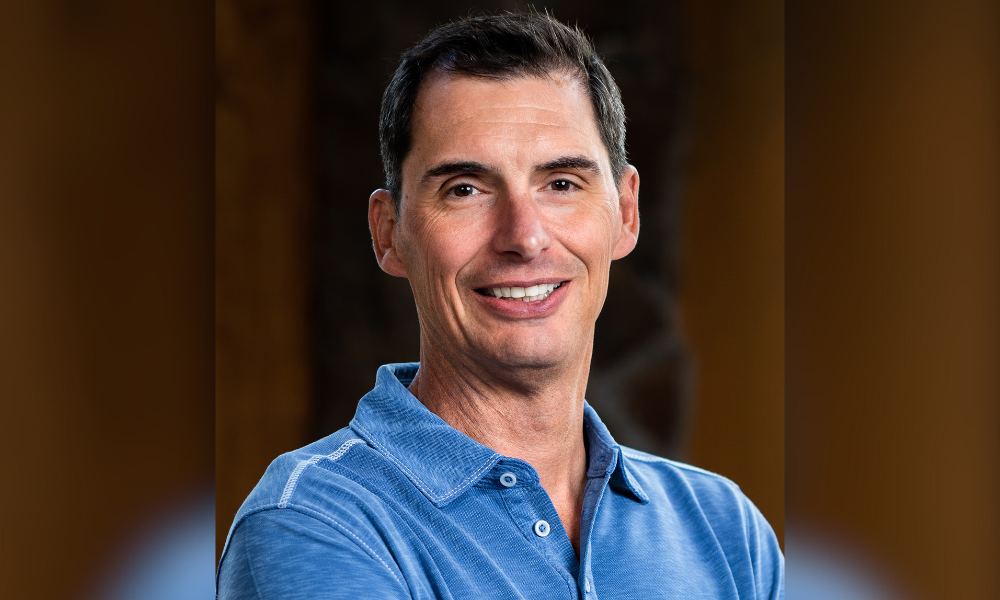

Advisors who aren’t prioritizing estate planning as a core service offering might be doing themselves a disservice, a recent report from Vanilla has found.
Vanilla’s second annual State of Estate Planning report revealed an overwhelming 93 percent of people said it’s important to discuss estate plans with loved ones, with 80 percent expecting estate planning support from their advisor.
“If you're an advisor who's not offering this, I think you're at a huge disadvantage when you're competing for business, and we see that play out in the data,” said Gene Farrell, CEO of Vanilla, an estate planning platform.
“I tell every advisor I talk to to get in the forefront of this, because it really matters and clients are making decisions based on getting these services.”
There is also a gap in tax planning. While less than half (42 percent) of survey respondents have taken proactive steps to minimize taxes for estate plans through planning with a professional, nine in 10 said they are concerned about the impact of taxes, including estate taxes and income taxes, on IRA distributions and capital gains on assets they plan to pass on to heirs.
Clark Randall, director of financial planning at Creekmur Wealth Advisors, said most Americans wouldn’t have an estate that would encounter any federal estate taxation with the current exemption amounts, of $13.99 million per person or $27.98 million for a married couple.
“Because of this, I believe financial advisors may be overlooking estate planning and clients may not know they need estate planning,” he said in an email.
There are several non-federal estate tax reasons to address estate planning in the client’s financial plan, he said, including whether the client’s state may levy estate and/or inheritance tax, IRAs, 401ks, annuities, and other tax deferred assets that could encounter income tax payable by the beneficiaries.
Other “not purely financial benefits” to discussing an estate plan with a client include how their heirs will receive funds, such as through a lump sum or paid out over time, how much each heir should receive, and if they want to make any charitable bequests, Randall said.
Additional findings from the report also found that almost 80 percent of clients aren’t well informed of trusts, resulting in a lack of confidence. Farrell explained the two types of trusts advisors should educate their clients on are revocable and irrevocable trusts.
Revocable trusts allow the client to put assets into the trust, but they can change the trust at any time. Assets in a revocable trust are still considered part of the client's estate for tax purposes. The main benefit of a revocable trust is that it can simplify the probate process, as assets in the trust do not need to go through probate.
On the other hand, irrevocable trusts, such as a grantor trust or an ILIT (Irrevocable Life Insurance Trust), are designed to move assets out of the client's estate, Farrell said. These trusts take advantage of the existing estate tax exemption and can help minimize the client's potential estate tax liability.
While the client may have some level of access to the assets in an irrevocable trust, they cannot change the terms of the trust once it is established.
While it's not enough to just create trust documents, noting that clients need to also retitle their assets to the trust to fully benefit from its protections, Farrell said he believes clients who have an estate plan should consider a revocable trust.
“It's just an easier, less time-consuming, and less expensive process than the irrevocable trust,” he said, adding that clients can also take advantage of the probate.
Vanilla’s clients – consisting of advisors, planners, and attorneys – who’ve adopted estate planning are growing their books faster than when they didn't have estate planning, Farrell said.
That growth has come from prospecting and landing new clients, engaging clients in estate planning, while showing them how to take a consolidated view of their assets and having conversations about estate planning leads to next-generation introductions.
“It's pretty common to see AUM grow when you're driving estate planning,” Farrell said. “If you're not engaging the estate planning conversation, and the client is talking to somebody who is, those assets are at risk.”

The firm is making headway in the Florida wealth market with four wirehouse advisors who collectively oversaw nearly $2 billion at their former firms.

“This is not an enormous surprise. The equity of the firm was materially undervalued by the public market,” one banker said.

More than a year after welcoming industry veteran Andy Sieg, the Wall Street giant is under more pressure than ever to resolve organizational dysfunctions and deliver on promised growth.

The Oracle of Omaha speaks out on the challenges of managing his fabulous fortune while dispensing sage advice on philanthropy and multigenerational planning.

Wealth managers weigh the pros and cons of the NYSE's recent decision to extend trading hours.
Streamline your outreach with Aidentified's AI-driven solutions
This season’s market volatility: Positioning for rate relief, income growth and the AI rebound
